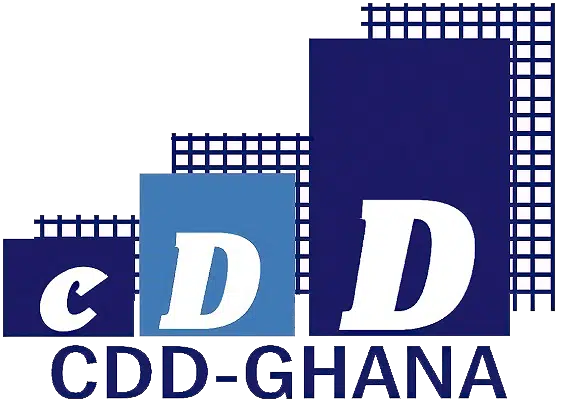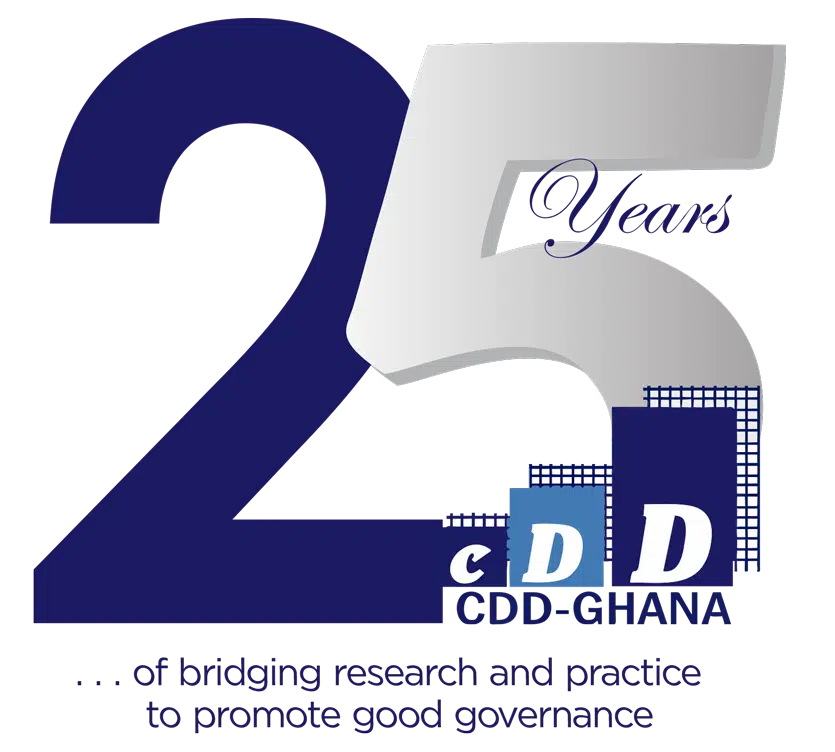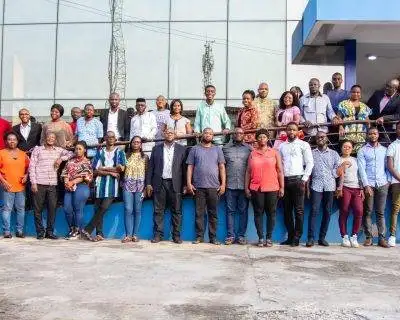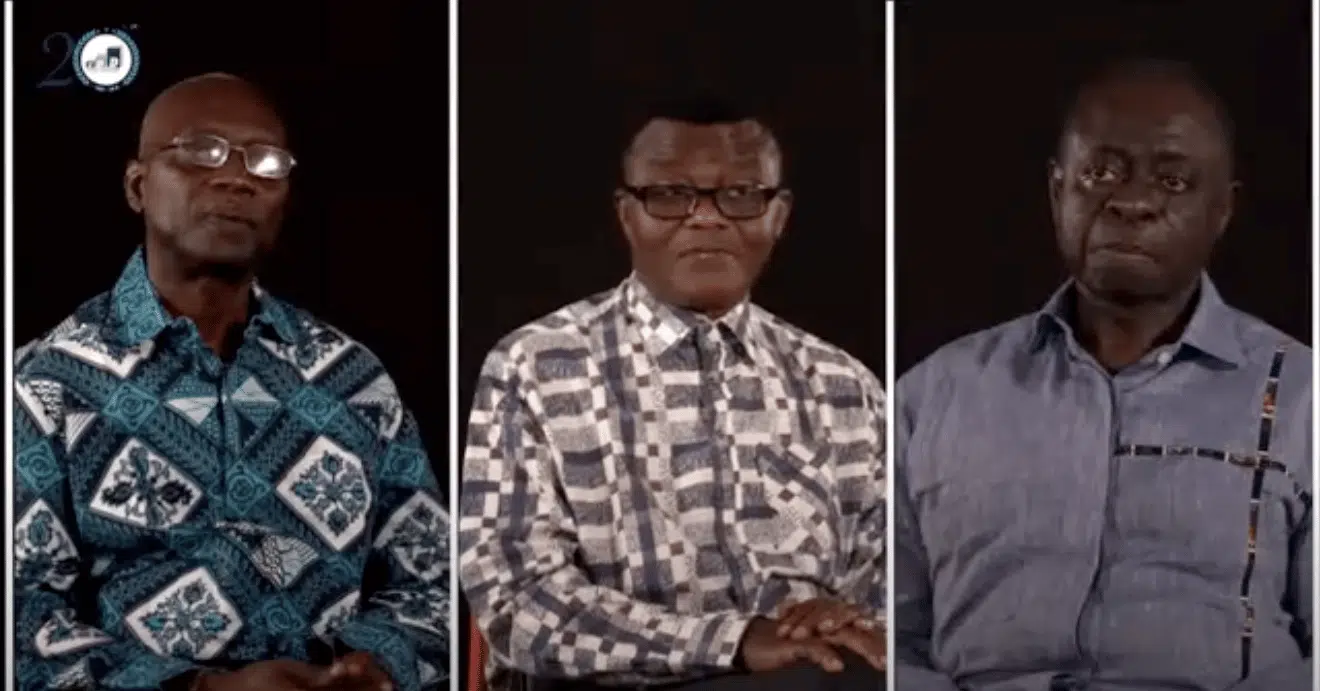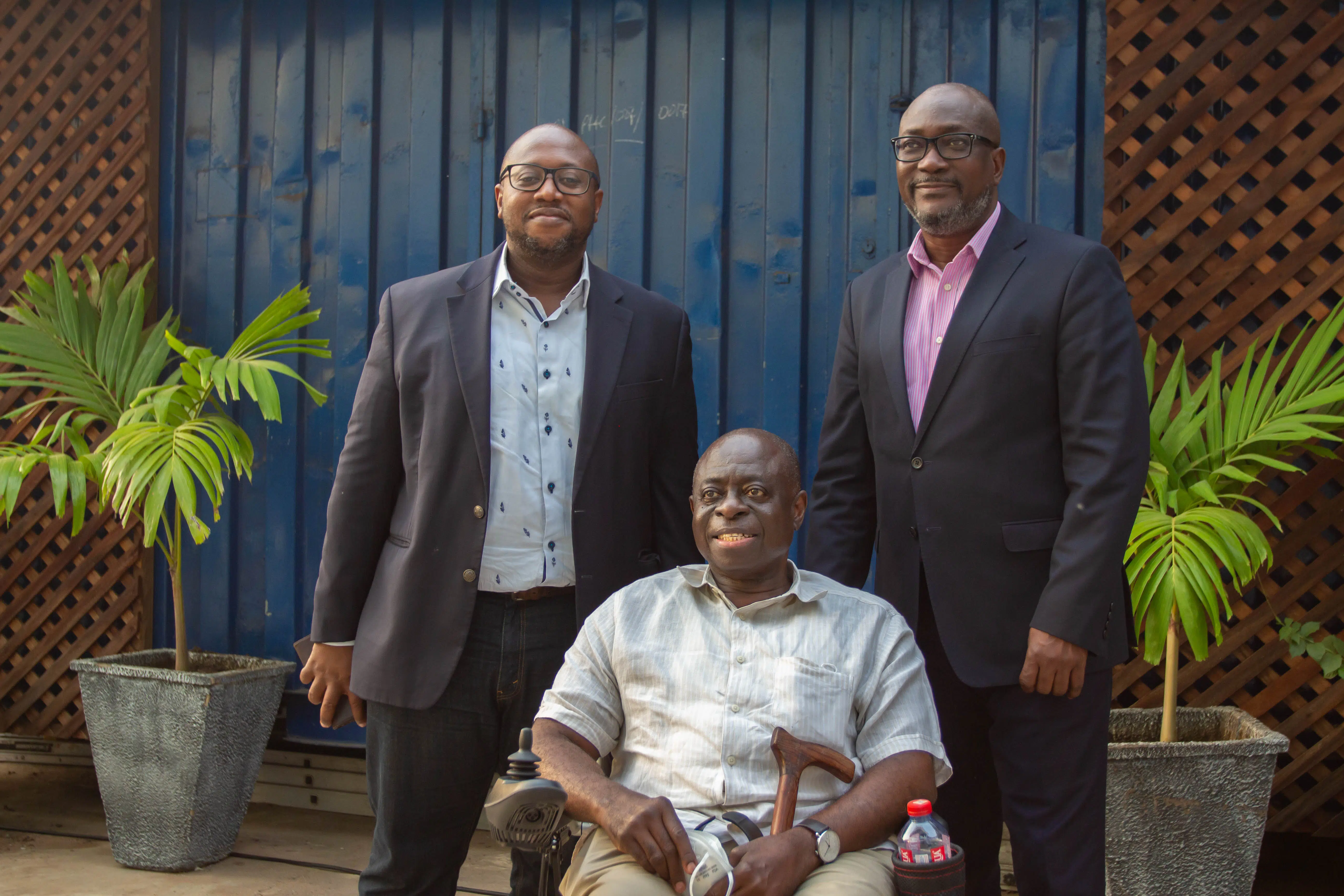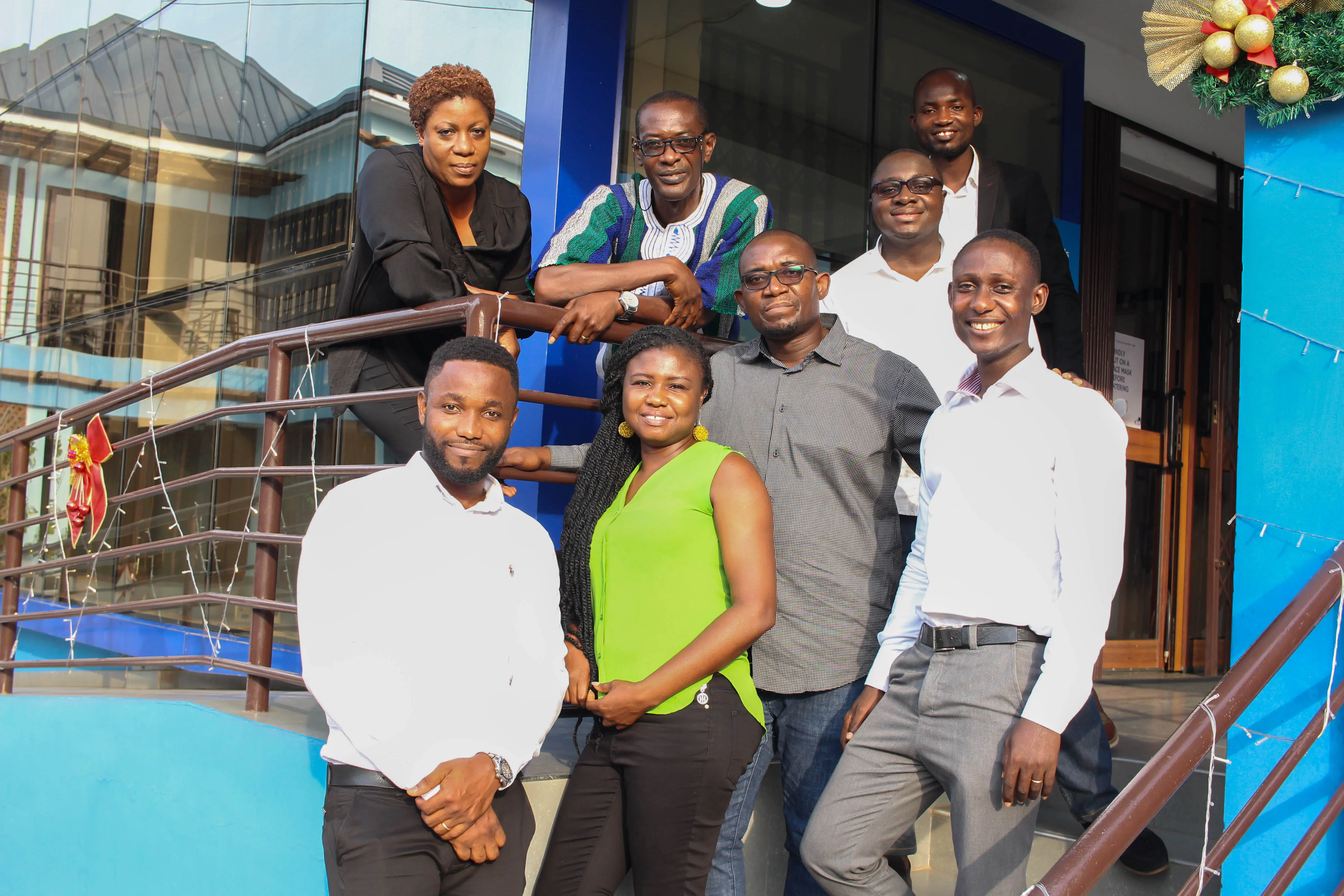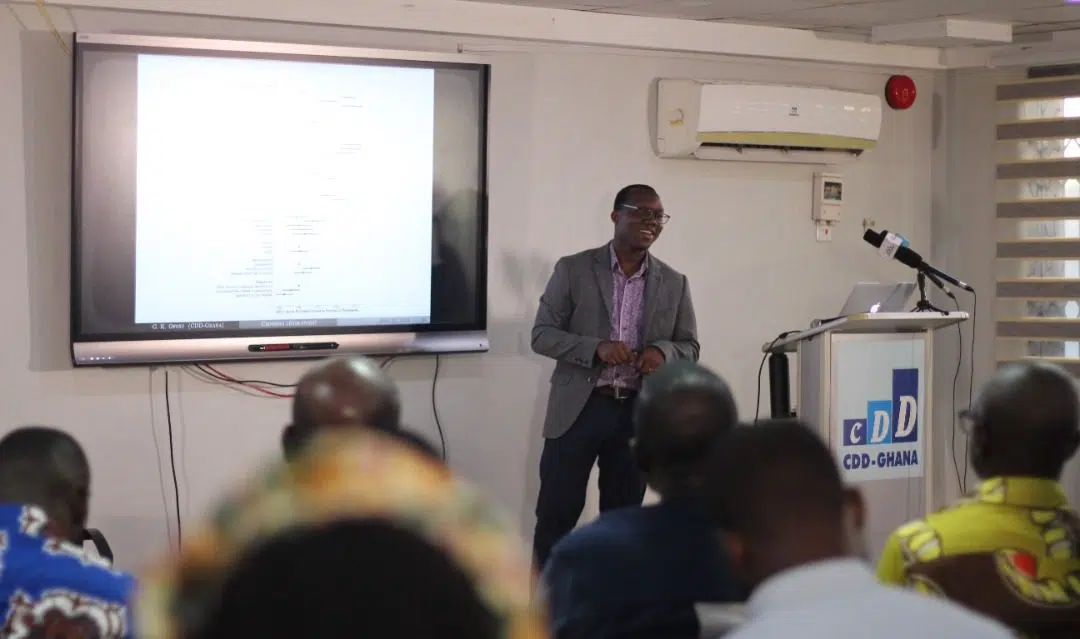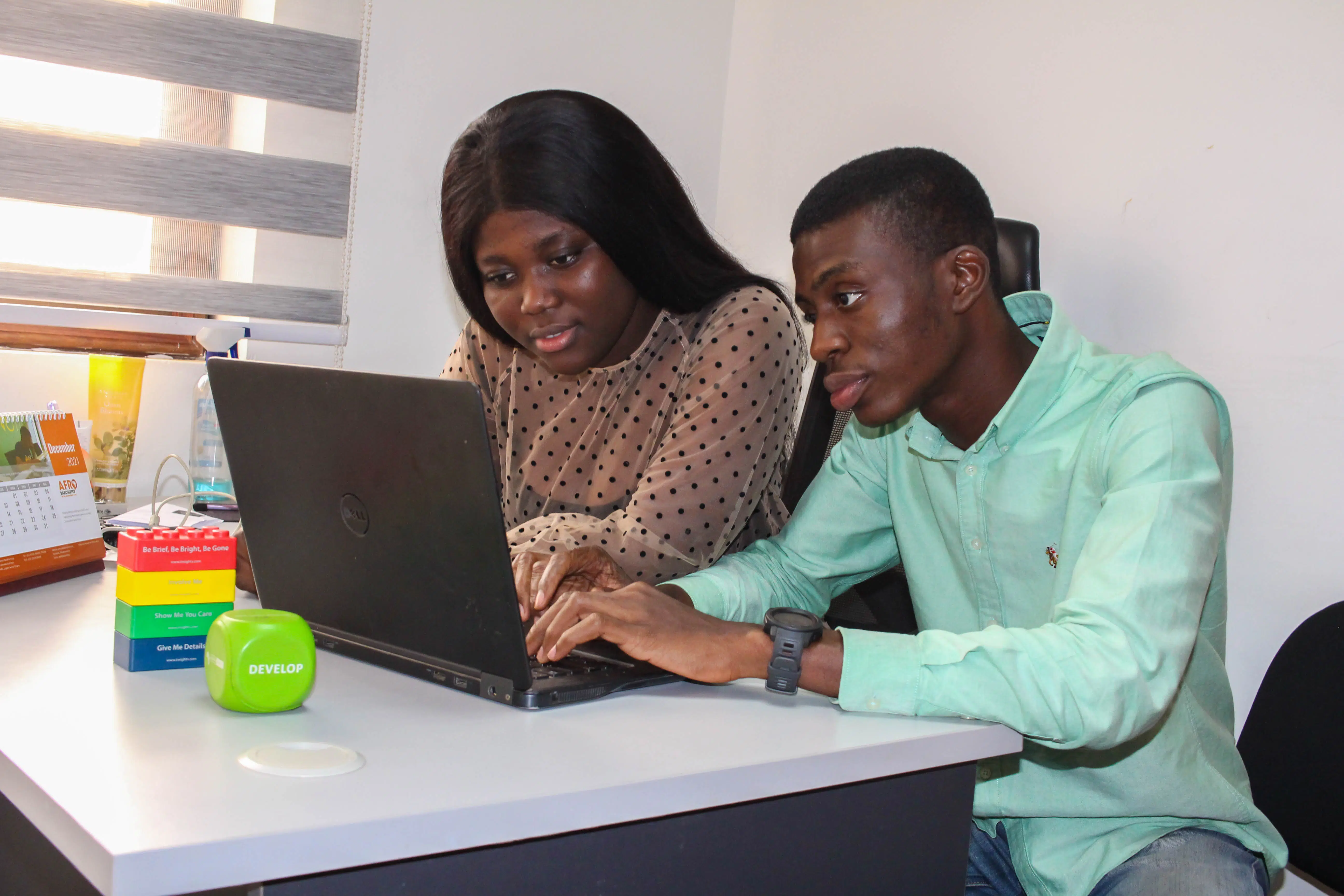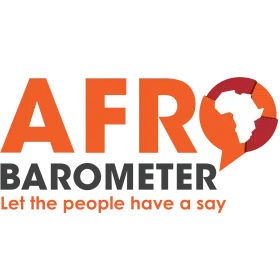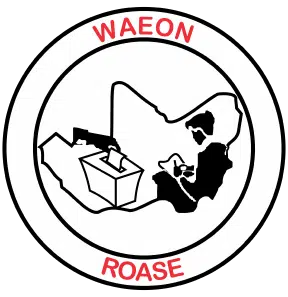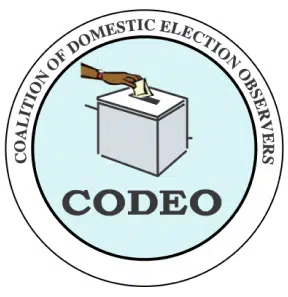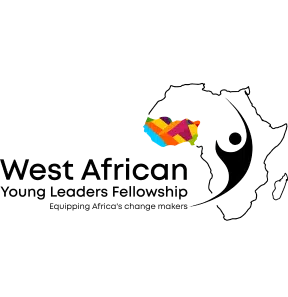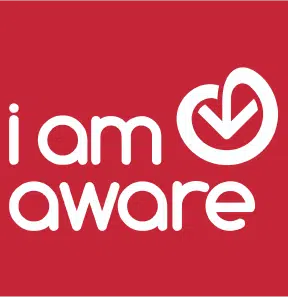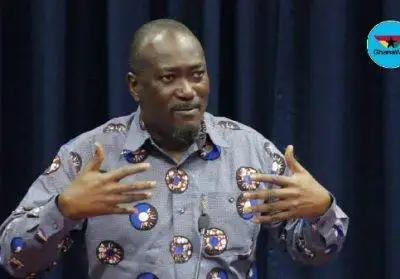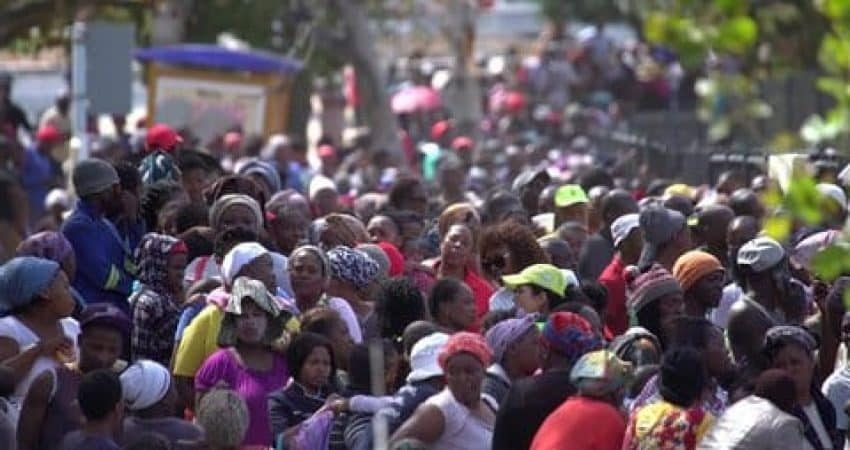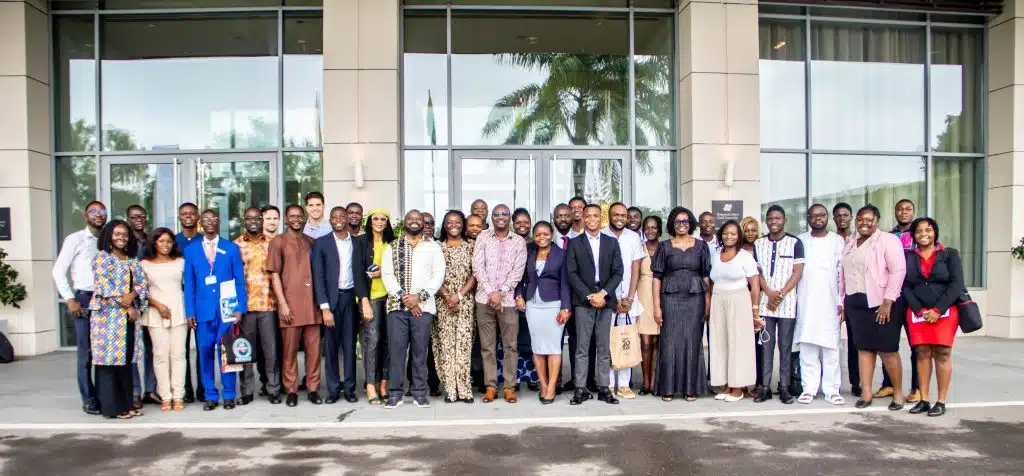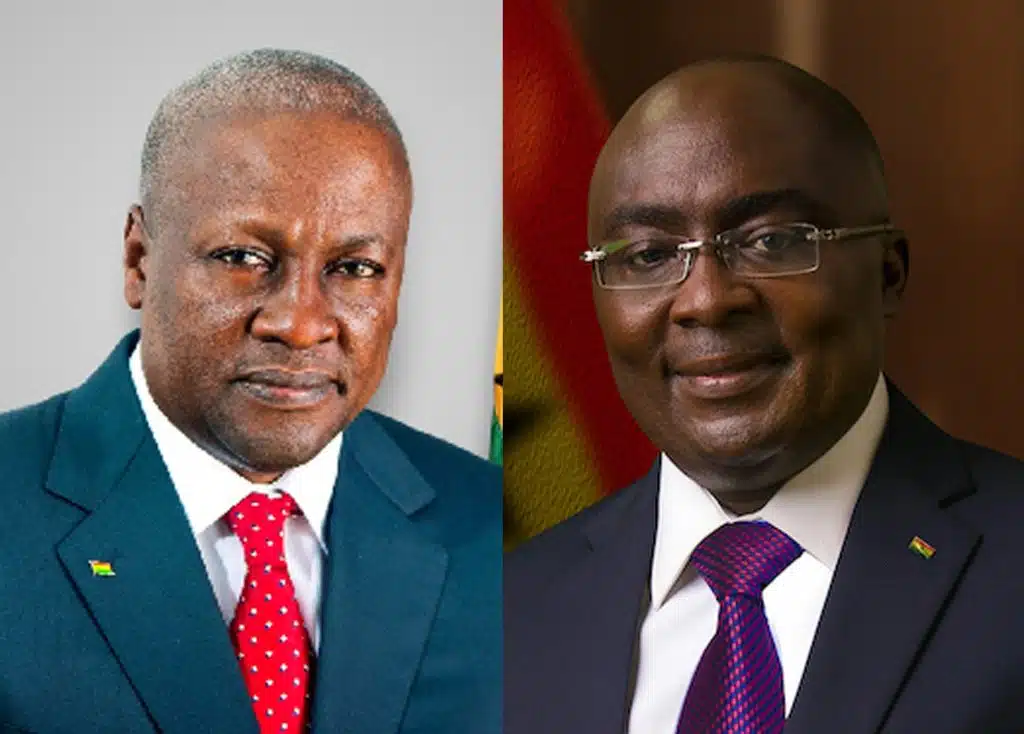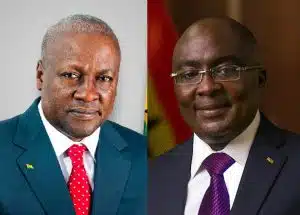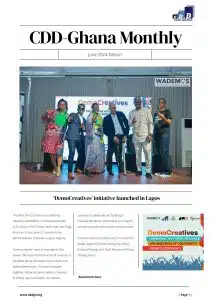Democracy Capture refers to the way in which interconnected processes of clientelism, neo-patrimonialism, the personalization of politics and state capture impact on the democratic process – and highlights how the image of democracy is used to legitimate this process. On this understanding, a country can be said to have experienced Democracy Capture when: The political context may be formally democratic, but public policies are still largely developed to favor elite interests – by manipulating democratic institutions and processes, and through practices such as payment of illicit contributions by private interests to political parties and for election campaigns, parliamentary vote-buying, buying of presidential decrees or court decisions, as well as through illegitimate lobbying and revolving-door public appointments.
Democracy Capture is not an “African” phenomena. Indeed, examples of Democracy Capture, and
attempted Democracy Capture, can be identified in Brazil, India, and the United States. The focus of this report on African cases should therefore not be interpreted as an indication that there is anything unique or distinctive about African politics. Instead, this report looks at five countries on the continent – Benin, Ghana, Kenya, Mozambique and Nigeria – in order to highlight particular variations and strains of what is best thought of as a global threat to democracy and the public interest. While these cases are not fully representative of Africa’s multiple regions and rich diversity, they include coverage of West, East and East/Southern (in the case of Mozambique) Africa, and of Anglophone (Ghana, Kenya, Nigeria), Lusophone (Mozambique) and Francophone (Benin) countries.
